Work doesn’t look the same anymore. Offices sit empty. Zoom meetings replaced boardrooms. Teams now stretch across cities, time zones, and even continents. This shift isn’t just a trend—it’s a full-blown lifestyle change. And learning? It had to catch up fast.
That’s where LMS platforms stepped in. They’re not just for schools anymore. They’re keeping remote workers sharp. They’re keeping teams connected. And for people who live out of backpacks or bounce between time zones, they’re a total game changer.
Learning Doesn’t Need a Desk
You don’t have to sit in a cubicle to level up your skills. You don’t need whiteboards or binders. With the right setup, learning can happen from a beach in Bali or a train in Berlin. You just need solid internet and a good LMS.
More companies now invest in LMS tools because their teams are scattered. They can’t afford slow onboarding or scattered training sessions. A centralized learning system keeps things tight. It makes sure everyone’s on the same page—even when they’re in different places.
Train on Your Terms
People don’t all learn the same way. Some love videos. Others like step-by-step guides. A few just want to click through slides and get it done. LMS platforms let users choose how and when to learn. That flexibility matters when folks are juggling work and travel.
Remote workers often build their days around different schedules. Some wake up early. Others work through the night. A platform that lets them log in whenever they want? That’s a lifesaver. They stay productive. They stay in the loop. No awkward time zone meetings required.
Smooth Onboarding From Anywhere
Hiring remotely is the new norm. You might bring in someone from Argentina. Or maybe Poland. Or maybe they’re moving every month. No problem. With an LMS, onboarding happens seamlessly. No flights. No delays. No scrambling for paperwork.
New hires can dive into content on day one. They learn the tools. They understand the culture. They get comfortable fast. Plus, managers can track their progress without checking in constantly. It keeps things moving without turning into a mess.
Keep Skills Fresh on the Go
The world changes quickly. So does tech. If your team isn’t learning, they’re falling behind. That’s a risk no business wants to take. LMS platforms make it easier to roll out new training. They help teams stay sharp, even on the move.
Someone can learn a new tool while waiting at an airport. Another can take a quick compliance refresher during lunch. The content’s always there. Always ready. That kind of access builds strong teams—and keeps them future-proof.
Performance Without the Pressure
Live classes can be stressful. Especially when your internet’s spotty. Or you’re half-asleep from jet lag. LMS platforms remove that pressure. No need to fake smiles on camera. No need to rush through training before a flight.
Users can pause. Rewatch. Take notes. Skip back if something didn’t click. That pace-friendly setup makes learning feel more natural. Less like a chore. More like something you actually want to finish.
Data That Actually Helps
It’s hard to improve what you can’t measure. LMS platforms solve that. They track what people watch. What they finish. Where they get stuck. Managers can spot gaps. They can adjust the content. They can step in if someone’s falling behind.
This kind of data isn’t about micromanaging. It’s about support. It helps leaders help their teams. Without endless meetings or guesswork. It’s smart. It’s quick. And it actually works.
Community Without the Office
Just because a team works remotely doesn’t mean they have to feel alone. Many LMS platforms now include social features. Forums. Comments. Shared learning spaces. These tools help people connect—even when they’re oceans apart.
It’s not about replacing in-person vibes. It’s about keeping the learning space alive. A quick comment under a video. A peer review. A bit of friendly competition on a quiz. It all adds up. It helps build culture in a world that’s always moving.
Final Thoughts: Learn Anywhere, Grow Everywhere
Work and life aren’t locked to one location anymore. People travel. People relocate. People build careers without ever stepping inside an office. That shift doesn’t slow down learning. It actually makes it more important.
To keep up, businesses need tools that support the new way of working. And LMS platforms do exactly that. They offer structure without rigidity. They bring people together without forcing the same room. They keep skills sharp, teams focused, and progress steady—no matter where the road leads.
So whether your team is based in bedrooms or bouncing between cities, one thing’s clear: the right learning system makes remote work work better.











